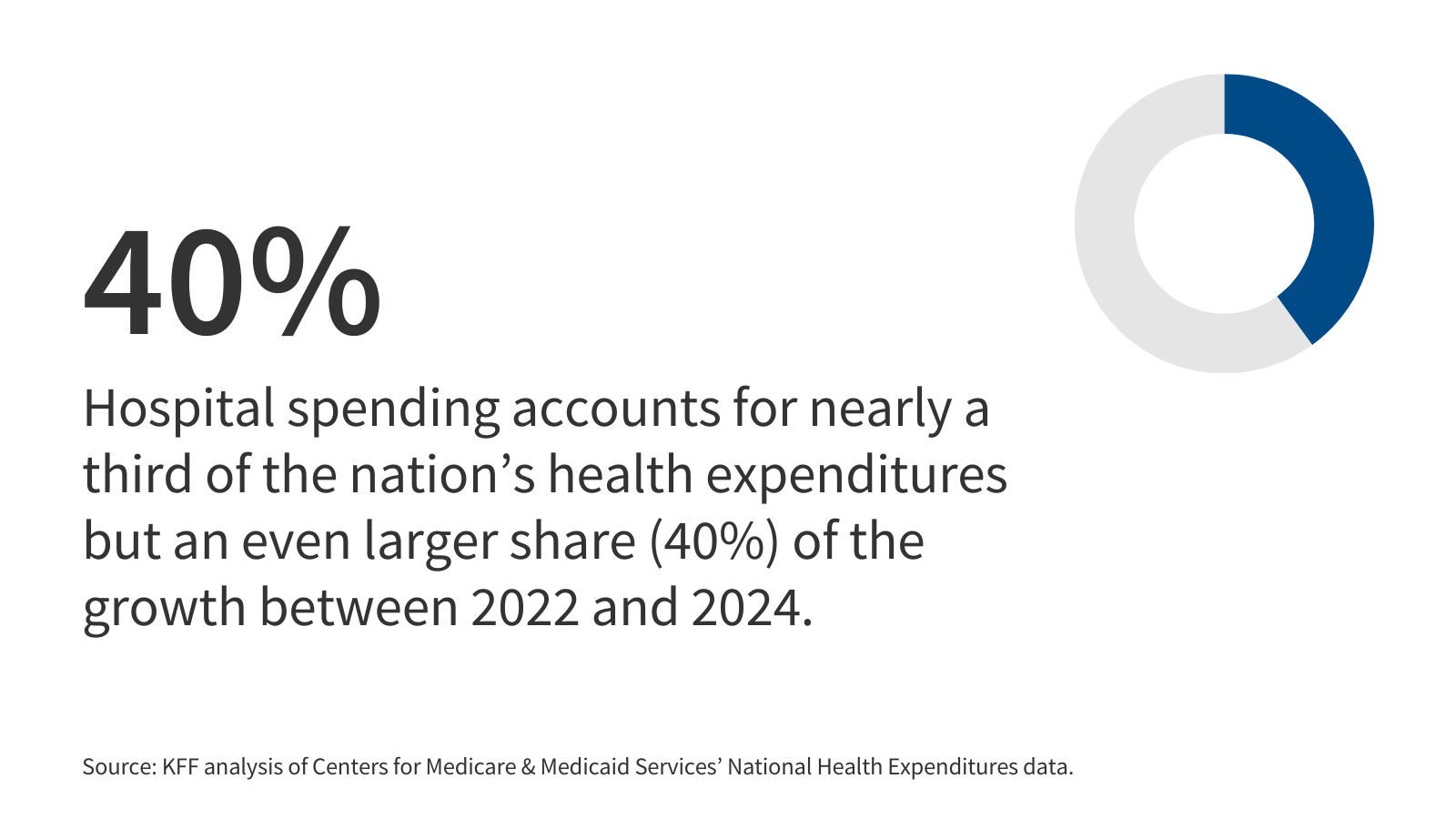A new class action lawsuit alleges that CVS Caremark unlawfully changed their coverage for popular GLP-1 drug Zepbound.
Earlier this year, Caremark revealed that it would remove Eli Lilly’s blockbuster drug from its standard control, advanced control and value formularies, effective July 1. The pharmacy benefit manager said it would instead give preferred status to Novo Nordisk’s GLP-1 drug Wegovy, arguing that the two medications are interchangeable.
The plaintiffs in the class action, filed in New York’s Southern District Court on Wednesday, say that the PBM is instead shirking its fiduciary duty under the Employee Retirement Income Security Act, as their providers have deemed Zepbound as medically necessary for them.
For example, one patient in the suit was later diagnosed with sleep apnea, which Zepbound is approved to manage.
“Plaintiffs’ claims for coverage for their Zepbound prescriptions were improperly denied, and the arbitrary and capricious denials issued by CVS Caremark ignored the language of the underlying plans, the reasons why Zepbound is medically necessary for each Plaintiff, and overruled the recommendations of Plaintiffs’ skilled and knowledgeable medical providers,” per the lawsuit.
The lawsuit also disputes that the drugs are clinically interchangeable given that they’re different molecules despite both being within the broader GLP-1 class. Zepbound is a tirzepatide drug while Wegovy is a semaglutide product.
The plantiffs note that some patients who experienced severe symptoms with semaglutide had a milder experience with tirzepatide. Different drugs within this class also have separate approvals for additional indications, with Zepbound being the only product approved by the FDA for patients with obesity and sleep apnea.
The lawsuit also argues that Zepbound has been proven to be more effective for weight loss, and on its formulary page for the switch CVS acknowledges that studies with that implication exist while saying “real-world evidence suggests the two are comparable.”
“Because of their different methods of action, different clinical outcomes, and different side effects for individual patients, Zepbound and Wegovy are not clinically interchangeable,” the plaintiffs said in their complaint.
CVS said on its website that offering preferred formulary status to Wegovy is critical to promoting competition that can drive down costs. GLP-1s are a critical area of concern for employers and other plan sponsors as a cost driver in the pharmacy benefit.
Formulary placement is one of the general tools that PBMs use to manage costs on behalf of clients.
A Caremark spokesperson told Fierce Healthcare that the lawsuit is “without merit” and that the PBM intends to defend itself against the suit. They added that Caremark does have an exemption process in place if necessary.
“Our formulary strategy maintains clinically appropriate coverage while using competition to drive lower costs,” the spokesperson said. “By drawing upon our decades of expertise in making prescription drugs more affordable and accessible, we are confident that our formulary move means lower costs and better outcomes for consumers and our customers.”
Publisher: Source link









